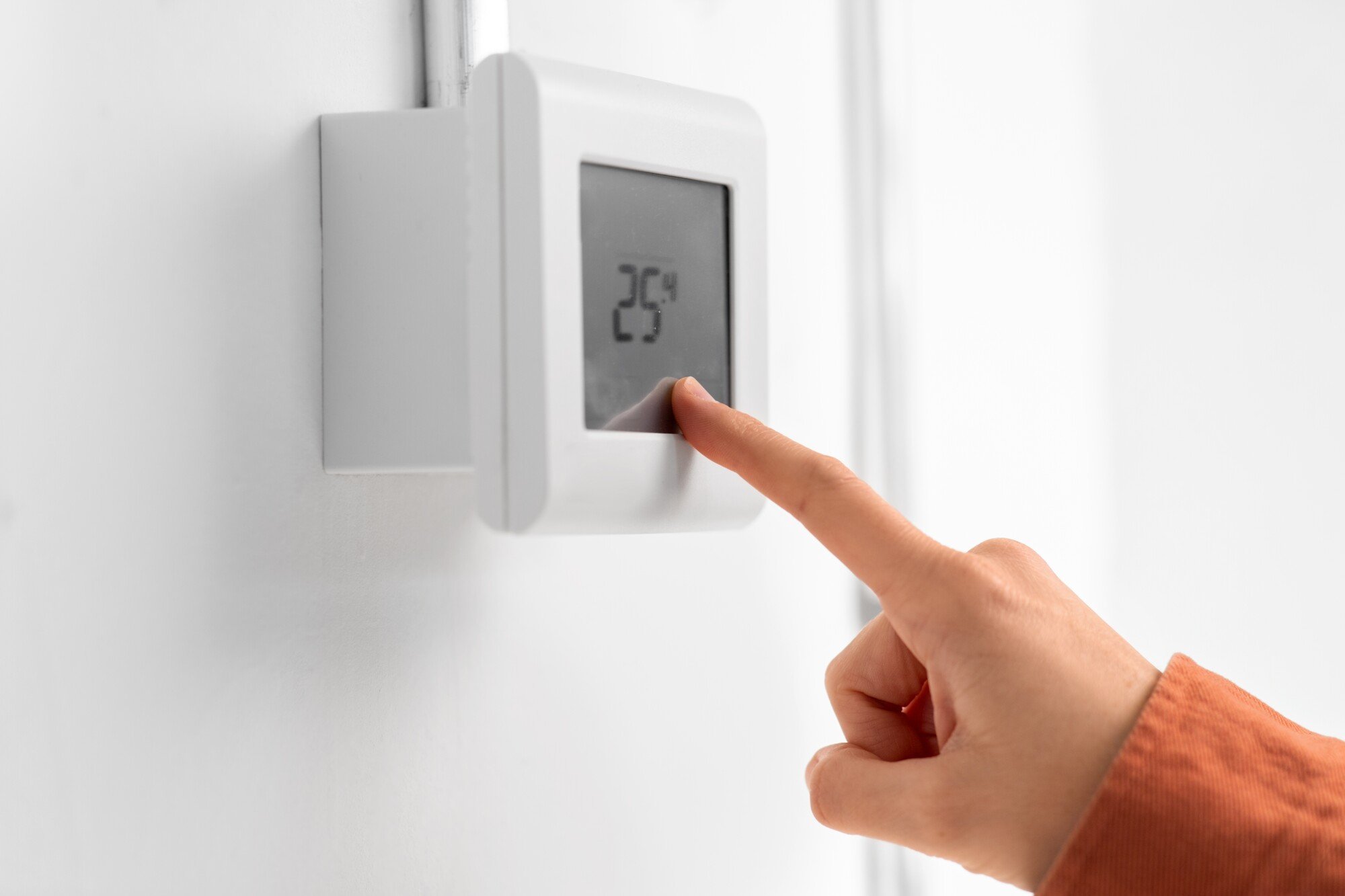Who hasn’t stood in the appliance aisle, overwhelmed by choices? When it comes to heating your home, the decision between an electric vs gas furnace is no less daunting. This choice isn’t just about picking a furnace. It’s about creating a sanctuary of warmth for those cold winter days.
Each type has its own merits and pitfalls in terms of comfort and energy efficiency. As energy costs climb and environmental concerns peak, understanding which furnace can provide the best heating solutions for your home is more important than ever.
Read on to unravel the mystery and find out which furnace type promises not only to keep your toes warm but also to keep your energy bills in check.
Comfort Analysis
When it comes to the comfort your furnace can provide, electric models are known for their steady and consistent heat output. However, they often struggle to reach the higher temperatures that gas furnaces can achieve, which might be a deciding factor in colder climates.
Gas furnaces heat up quickly and deliver heat that can feel warmer than the air blown by electric heaters. Additionally, noise can be a concern with gas furnaces, as they tend to be louder than their electric counterparts.
For those sensitive to indoor air quality, gas furnaces may raise concerns due to the combustion process. They can introduce small amounts of combustion gases into the home if not properly vented.
Efficiency Comparison
In the furnace comparison, energy efficiency is a critical factor. Electric furnaces typically convert almost all their energy into heat which makes them nearly 100% efficient. However, since electricity is often more expensive and potentially less eco-friendly depending on how it’s generated, this efficiency might not translate into lower energy bills. For households looking to cut costs, a gas plan comparison can reveal more budget-friendly options based on local rates and usage patterns. Choosing the right plan can lead to significant savings over time, especially in colder climates where gas heating is more common.
On the other hand, modern gas furnaces can achieve efficiency ratings of up to 98%, meaning very little energy is wasted. The type of fuel they use is generally cheaper than electricity, which can make gas furnaces more economical over time.
Maintenance and Longevity
Maintaining your heating systems is crucial for ensuring their longevity and efficiency. Electric furnaces boast fewer moving parts, which generally leads to a lower likelihood of breakdowns and less frequent HVAC repair calls.
They are also known to last a bit longer than gas furnaces. These typically have lifespans of around 15 to 20 years compared to 20 to 30 years for electric models.
Cost Considerations
The initial setup for an electric furnace is usually less expensive than installing a gas furnace. This is primarily because it doesn’t require gas lines or exhaust flue installations.
However, the long-term costs must be considered. Gas furnaces, although more expensive upfront, may lead to lower monthly expenses due to the lower cost of natural gas compared to electricity.
This trade-off is essential for homeowners to consider, especially those planning long-term residence in their current homes.
Electric vs Gas Furnace: Which Do You Choose?
The debate between an electric vs gas furnace centers on balancing initial costs with long-term savings, and choosing the furnace that fits your specific needs for home comfort and energy efficiency. Electric furnaces shine in safety and consistency, while gas furnaces stand out for their heating power and cost-effectiveness in cold climates.
Keen for more insights? Discover more about how to optimize your home’s heating by visiting our Home Improvement section.





Be First to Comment